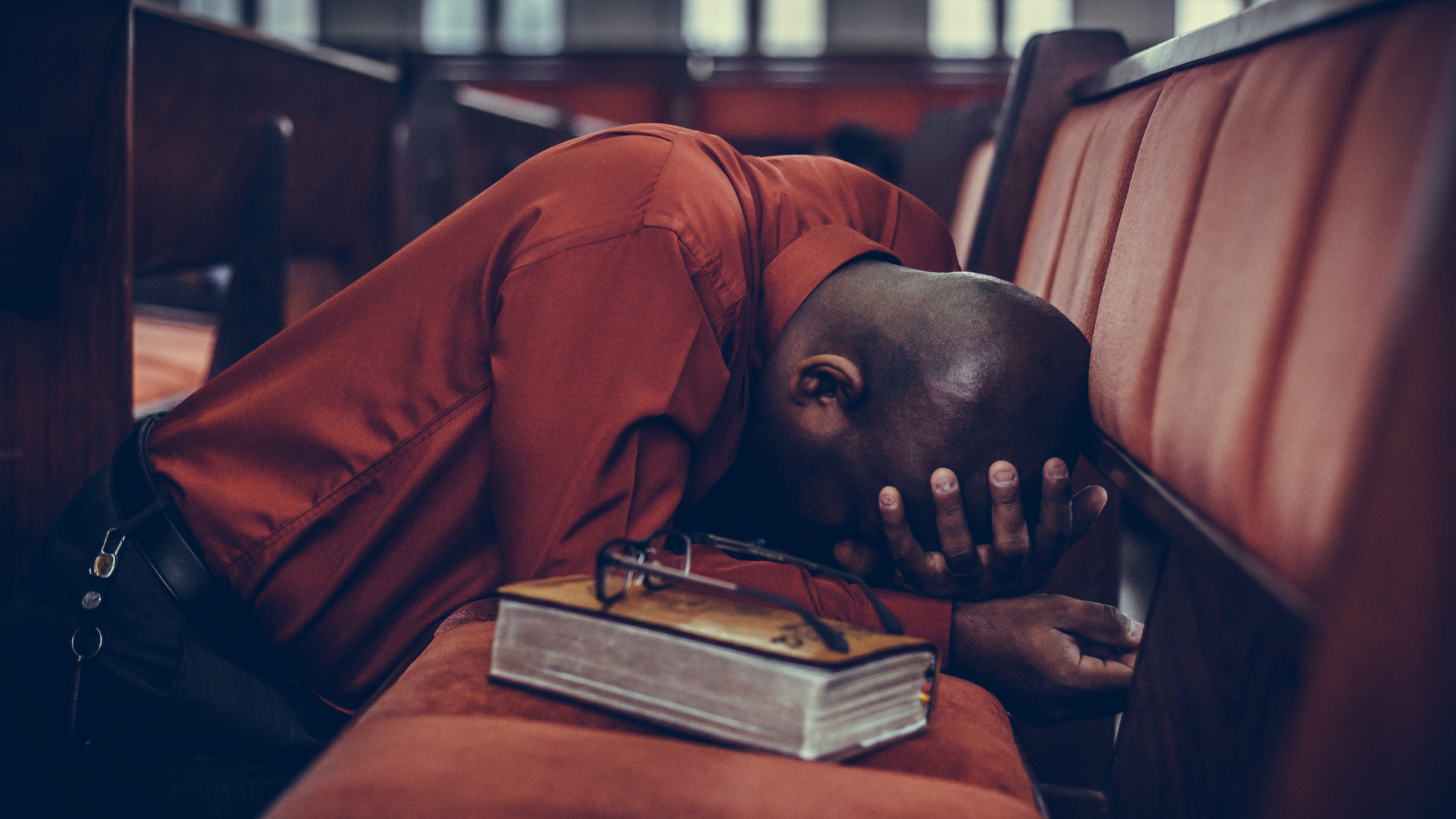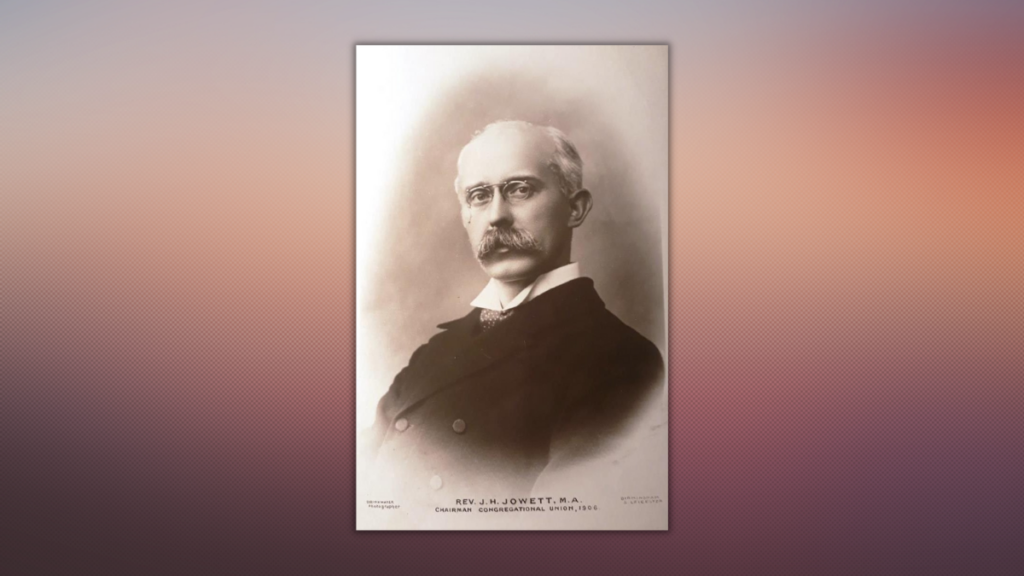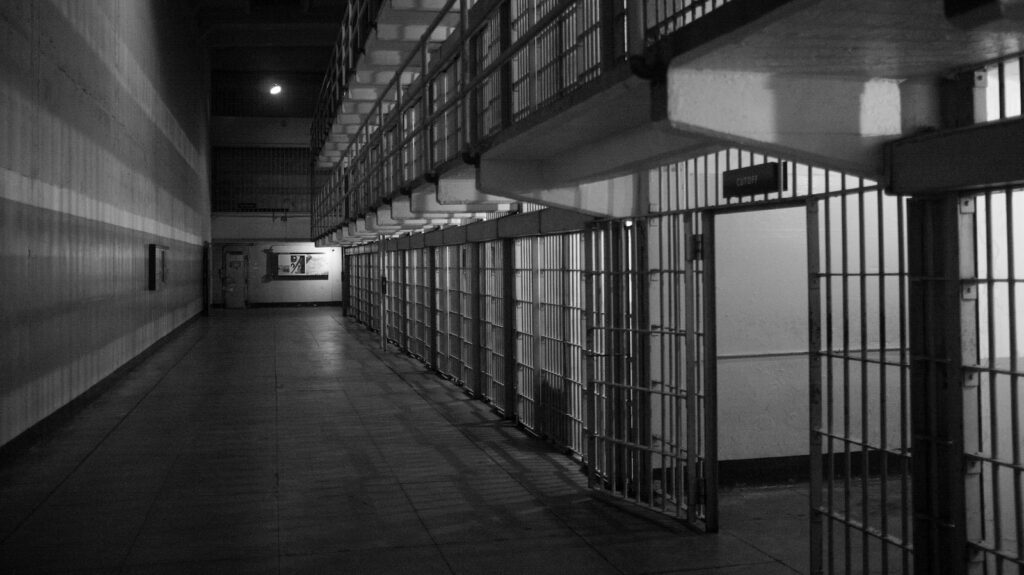EDITOR’S NOTE — This is an opinion piece.
I am not a parent. I am a godmother. I have held my godchildren at various stages in their lives — 3 days old, 37 hours old, 8 hours old, 7 years old and fast asleep from car to house — all the ways that you can hold little children, hugging them, comforting them, reading to them, feeding them, strapping them into car seats and booster seats and strollers, blessing them, praying with them.
I am also a clergywoman, and I conduct funerals. I spend time in funeral homes and in cemeteries, and I talk with funeral directors. Over the years, you learn some things about the technicalities of death and bodies. I can’t imagine a child so horribly shot that officials need DNA for the identification of the body, rather than a parent or a godparent doing that final act for their child. I can’t imagine being unable to identify my godchildren — and I did not birth them, hold them, feed them and school them every day.
Some of the parents in Newtown, Connecticut, 10 years ago were also unable to visually identify their children. Some Uvalde, Texas, parents experienced the same horror. That’s how much damage an assault weapon, designed for military purposes, did to those little children.
I know what it feels like to hold a weeping parent at the door of a hearse or the side of a grave or at a wake or in a sitting room at the house. Parents don’t weep like other mourners weep. It is a hard, convulsive weeping, and the only thing you can do is hold the person as tightly as possible to let them know that they are not alone. The only thing you can do at that moment is to help them cry.
Words are inadequate
I serve in a tradition where we often approach funerals as home-goings and celebrations of life. Most are for church members who have lived lives full of events and loved ones that fill out an obituary. Some of the people are so advanced in years that they are prepared for their “transition” and have left instructions that include the music and the Scriptures they want to represent their lives.
At more liturgical churches than mine that prescribe specific orders of service and Bible readings for Masses and funerals, the theodicy — the attempts to understand the justice and grace of God — is embedded in the rites. But even these time-hallowed words are simply inadequate for the horrific destruction left in the aftermath of mass shootings of children.
Extracting divine meaning and purpose from the death of anyone is not an easy or simple matter, no matter how long and well-lived the life that is lost, or whether death came naturally, unexpectedly, accidentally or murderously. I and other clergy I know are challenged distinctively and differently with every single life whose final rites we are called to officiate or assist. When that loss is combined with an act of violence and unimaginable horror, there are almost no words.
For “those of you who know the words of prayer,” as we like to say in my tradition, there is much to pray for in the wake of these horrors. I am not only praying for the families of these children and teachers. I am also praying for the clergy, the funeral directors and workers, and, yes, the police officers and other officials who are the official responders to death with all of its awful, bloody technicalities.
All of us who must do the work of getting those children “home” so their parents and loved ones can say a final and dignified farewell vitally need our prayers. They will hold their heads up and keep their backs straight during services. They will drive the cars slowly. They will special order the tiny caskets and, yes, COVID-19 supply chain issues have even affected caskets. They will explain to parents and grandparents why final viewings and open caskets may not be possible.
Much work ahead
There is a lot of work and a huge bundle of tasks that must happen and everyone involved needs our prayers. When the last solo is sung and the last flower is laid on a casket or tossed in an open grave, those workers will be “grieving in arrears” in ways they themselves may not fully understand.
When I have thoughts and prayers for these horrible events, I pray for this nation about its idolatry for guns and about its avoidance of hard historical truths. We’ve all been through this enough to recognize the steps: We will talk about mental health. We will talk about “responsible” gun ownership. We will talk about the Second Amendment. We will avoid a holistic analysis of the culture, politics and history of weaponry in America. We will avoid exploring the full context that demanded “a well-regulated Militia,” “security” and a “free State.”
We will tiptoe around and avoid the need for a deeper understanding of what Erich Fromm called “the anatomy of human destructiveness” that is distinctively and exceptionally threaded throughout our history as a nation.
There is almost too much to articulate in prayers.
Yes, we must pray. However, we must make sure that our prayers represent a living faith that is combined with the works necessary to stop such horrors from happening, not only in places like Uvalde and Newtown but in every community in our nation and throughout the world.
EDITOR’S NOTE – Cheryl Townsend Gilkes is an assistant pastor for special projects at Union Baptist Church in Cambridge, Massachusetts, and the John D. and Catherine T. MacArthur Professor of African American Studies and Sociology at Colby College. The views expressed in this commentary do not necessarily reflect those of Religion News Service or The Alabama Baptist.






Share with others: